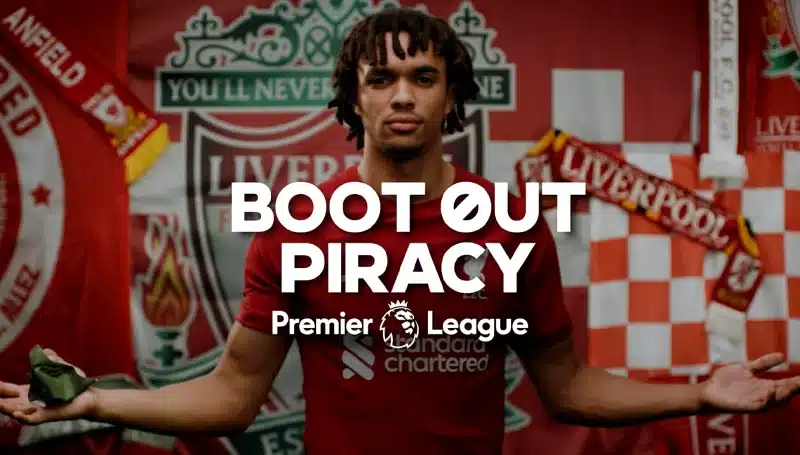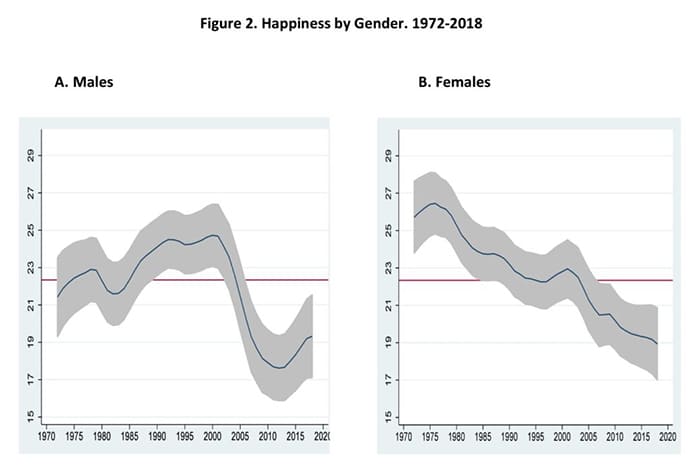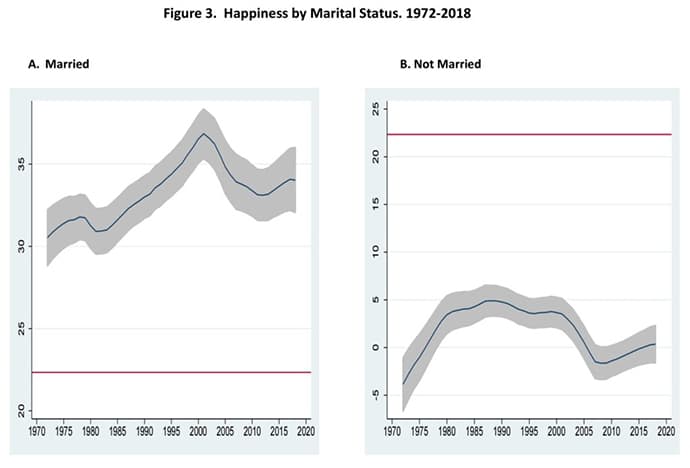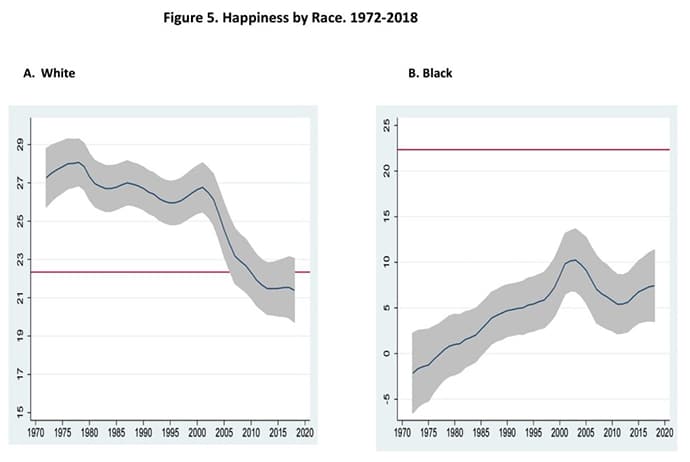Welcome to The WC — your weekly shot of awesome.
Today we’ve got:
- Cheating Amazon
- Cheating broadcasting
- Cheating women
- Cheating at happiness
- Cheating the economy
Table of Contents
Of course there’s a way to cheat at Amazon
Selling stuff on Amazon is hard.

I’ve heard it compared to picking up pennies in front of a steamroller. You’re going to make a bit of money pretty easily for awhile…until you get crushed.
When Amazon turns off the faucet, everything goes to hell. I’ve had CEOs of large companies cry on the phone with me, and they’ve had to lay off their people. They’ve declared bankruptcy.
– Cynthia Stine, president of eGrowth Partners, a consultancy that helps merchants get reinstated.
Further, Amazon also doesn’t have, erm, the best history when it comes to labor relations.
So when you put two aggrieved (and broke) parties together in the same Telegram channel an introduce a broker, they’re going to find a way to make some money and screw over Amazon.
Services available range from quite reasonable (learn exactly why your account has been suspended, so you can fix the problem) to quite naughty (attack a competitor’s listing to move it down rankings and spam it with bad reviews.)
It’s not limited to Amazon. Similar marketplaces have sprung up around Etsy, Walmart, and eBay.
And it’s not a new problem for Amazon.
A bribery scheme in China was uncovered in 2018, and the American DOJ charged six people with a similar scheme in 2020. In the latter case, the final defendant got probation and house arrest after pleading guilty.
I’m obviously not going to endorse fraud, bribery, etc. But these marketplace do tend to pop up when there isn’t a satisfactory way to achieve a sensible outcome via legal channels.
Streaming wars
The Times in the UK wrote a breathless piece praising the UK government for breaking up a bunch of gangs that were peddling illegal streams to Premier League football games.

This is how the piece leads off:
With broadcasters losing billions of pounds a year to tech-savvy criminal networks, new weapons are needed in the war against an “industry killer
For the most part, the article ignored the root of the problem. So I’ll explain it for non-UK readers — because everyone in the UK already knows why hundreds of thousands of matches are viewed illegally.
The way Premier League football is broadcast in the UK will feel very insane to Americans.
- There are 20 teams, each of which play 38 games.
- Of those 380 games, only 200 are broadcast in the UK. There’s no way to legally watch 47% of matches on TV.
- Part of the reason for this is that games held at 3pm — the traditional standard time for English football matches — aren’t allowed to be broadcast (it’s super controversial).
So the only legal option is to attend in person.
If you can get one, the average price of a Premier League ticket is 33 GBP (around $42).
The wait list for season tickets (the only way to get a ticket for most teams) averages around two years. For bigger teams, it’s longer / impossible:
- Liverpool – wait list closed since 2011
- Arsenal – ten years
- Manchester United – 120k on the list
- Tottenham Hotspur – 98k on the list
And if you want to go to an away game, the typical ticket allowance for away supporters is 3,000 tickets. You ain’t getting one.
Ok! So let’s say you just want to watch the 200 games that are on TV. There are currently three broadcasters (Sky, TNT, and Amazon Prime) that have the rights to the games. And they each get to pick and choose which matches they want. So any given club’s matches will be spread across all three.
If you want to view as many matches as possible, you have to pay for all three services, which comes to around $1,600 per year. For maybe half your team’s games.
For comparison’s sake, it costs $99 for an MLS season pass in the US, and that lets you watch all the games.
The number of televised Premier League matches is set to increase to 270 in 2025, but they’ll still be spread across multiple providers. So fans will be able to view more games, but they’ll probably have to pay more as the Premier League looks to maximize profits when it auctions off the rights.
So it’s not surprising when frustrated supporters seek other means of watching matches, whether legal or not.
Again, I’m not saying this is ok!
But if the Premier League really wanted the practice to stop, there are some fairly obvious and sensible measures it could take.
Long live the queen
This issue of the WC should hit your inbox the day of the second semifinal for this year’s Women’s World Cup (I’m on holiday, so this being written in advance).
And you probably won’t be surprised to hear it’s breaking viewership and attendance records around the world.

But it wasn’t always thus. The history of women’s football is strange.
Organized leagues date back to 1895, and they were very successful.
The BBC has an account of a Boxing Day (Dec 26) match in 1920 with 53,000 supporters smashed into a stadium with another 10k to 15k turned away.
Perhaps they were too successful.
The women’s game enjoyed a great deal of success for the first few decades of the 20th century, but its progress came to a screeching halt in 1921 when The Football Association, the governing body of the sport in England, banned women from playing altogether.
Historians cite a certain amount of jealousy (the women’s matches were a bigger draw than the men’s) as well as a prudish idea that it wasn’t ladylike for all these women to roll around the mud.
Other countries — including Germany, France, and Brazil — followed suit, and the ban stuck until 1969.
Loads of grassroots and non-sanctioned events were held in the 1970s and 1980s, but FIFA ignored widespread pleas for a women’s tournament until 1991, when women finally got their own World Cup.
Let that sink in: Women’s football was outright banned until 1969, and there was no global tournament until 1991.

I’m looking hard at women’s football for our ALTS 1 fund, and we’ve got a bid in on an amazing piece that will have ended before this goes out.
I’ll be super happy if we get it.
Are you happy? I mean really happy?
Speaking of happy and gender divides, who do you think is happier — Men or women?

Trick question — both genders are equally happy at around +19 (zero is neutral, negative is unhappy).
But it doesn’t look like it’s going to be tied for long.
Sam Peltzman, and the glorious University of Chicago Booth School of Business put together a study recently that broke down happiness levels across a number of demographics.
Some of the results surprised me.
Who’s happier — married people or those who are single?

How about white people vs African Americans?

Other stats:
- Older people (45+) are slightly happier than younger people
- More education = more happiness, and college grads have the best trendline (still flat)
- Money does buy happiness. Richer people are happier than poor people, and poor people are getting unhappier every day
- People in the American NE are the least happy, while those in the west are jolliest
- Suburb-dwellers are happier than their urban counterparts
- Conservatives are nearly twice as happy as liberals
So the happiest people are likely to be:
- Rich, white, conservative, suburban, older, well-educated men living in the west
And the unhappiest are:
- Poor, black, liberal, urban, young, poorly educated women living in the northeast.
Thought-provoking. Keep in mind this only covers the US.
America!
Let’s finish on a positive. America — or the stock market at least — seems to have shrugged off historically aggressive rate hikes.
Here’s why America is so great.
Bonus!
What I’m listening to
Amy Winehouse – Back to Black. She left this world too early.
What I’m reading
Extra Virginity: The Sublime and Scandalous World of Olive Oil
That’s all for this week; I hope you enjoyed it.
Disclosures
- This issue was sponsored by Vantage Point and Lisa Scott.
- There are also a couple affiliate links sprinkled in.
- Our ALTS 1 Fund doesn’t have a stake in anything here.












